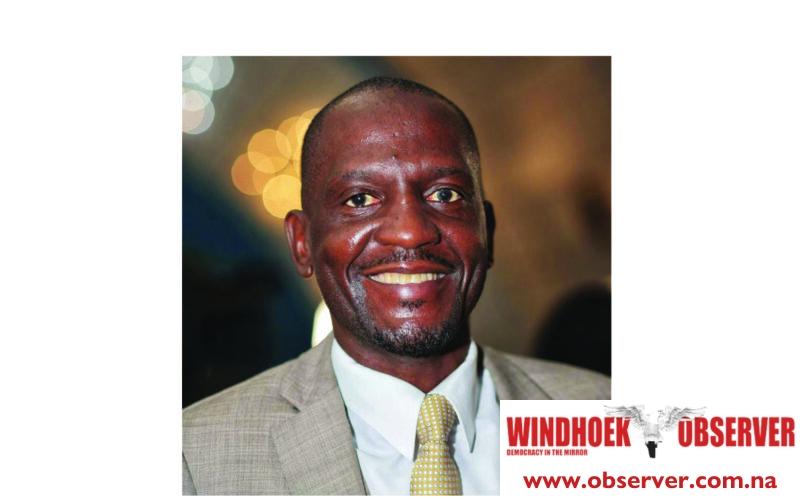Justicia Shipena
The government will spend N$22 million more on office rentals this year.
In total, it will pay N$364 million to rent offices, up from N$342 million last year.
This was revealed by Works and Transport Minister Veikko Nekundi in Parliament on Thursday.
He stated that renting gives the government the flexibility to allocate resources, enabling it to focus on sectors such as education, health and social welfare.
Nekundi explained that building new offices would be too costly.
“To construct office space for about 300 employees would cost between N$600 million and N$700 million. Given that most ministries in Windhoek accommodate over 500 employees, the cost would be even higher,” he said.
Renting, he said, allows the government to save funds for urgent needs. He added that renting is not unique to the government.
He said a market study in April 2025 showed that private companies pay, on average, N$57.71 more per square meter than the government for similar office space in Windhoek.
“This shows that the government’s rental agreements are cost-effective and managed responsibly,” he said.
He said the government continues to review contracts to ensure spending remains responsible but sees no need to renegotiate existing leases since they are already below market rates.
“The current rental arrangements reflect demonstrable value for money when compared to market standards,” he said. Some contract details are confidential, he added, but full data can be accessed through Parliament.
New fleet
He also defended the government’s move to buy 20 Toyota Land Cruiser Prado vehicles for public office bearers at a total cost of N$24.6 million.
He said each vehicle cost an average of N$1.23 million. Nekundi said the vehicles were bought under the Public Office Bearers Commission framework, which allows new vehicles at the start of a new term.
According to him, office bearers contribute 1.5% of the vehicle’s value monthly and can buy the vehicle at the end of the term based on a 20% yearly depreciation rate minus N$100 per 1 000 kilometres driven.
He said the Toyota Land Cruiser Prado was chosen for its reliability and efficiency on Namibia’s terrain.
“The true measure of value lies not in the sticker price but in the total cost of ownership. A cheaper vehicle that spends half its service life under repair represents false economy,” Nekundi said.
Nekundi said the government’s single off-road vehicle policy has saved money by replacing the previous two-vehicle rule.
“These vehicles are not for personal luxury but for official duties that often take office bearers to the remotest parts of our country.”
He also revealed that the government’s total immovable assets are valued at N$47.4 billion, covering about 9 640 properties.
The figure represents assets recorded so far under the central asset management system.
He said each ministry maintains its own database for movable assets like vehicles and equipment.
“This dual legislative framework ensures that both acquisition and disposal occur within clearly defined parameters, preventing arbitrary decisions,” he said.
The Ministry of Finance, he added, does not approve any asset disposal without a valuation by the valuer general.
Nekundi said annual stocktaking verifies all assets and links to the public financial management framework. He said the system is improving continuously.
“Our asset management systems may not be perfect, but they are sound, transparent, and continuously evolving. Effective stewardship of public resources is not a destination but an ongoing journey.”




